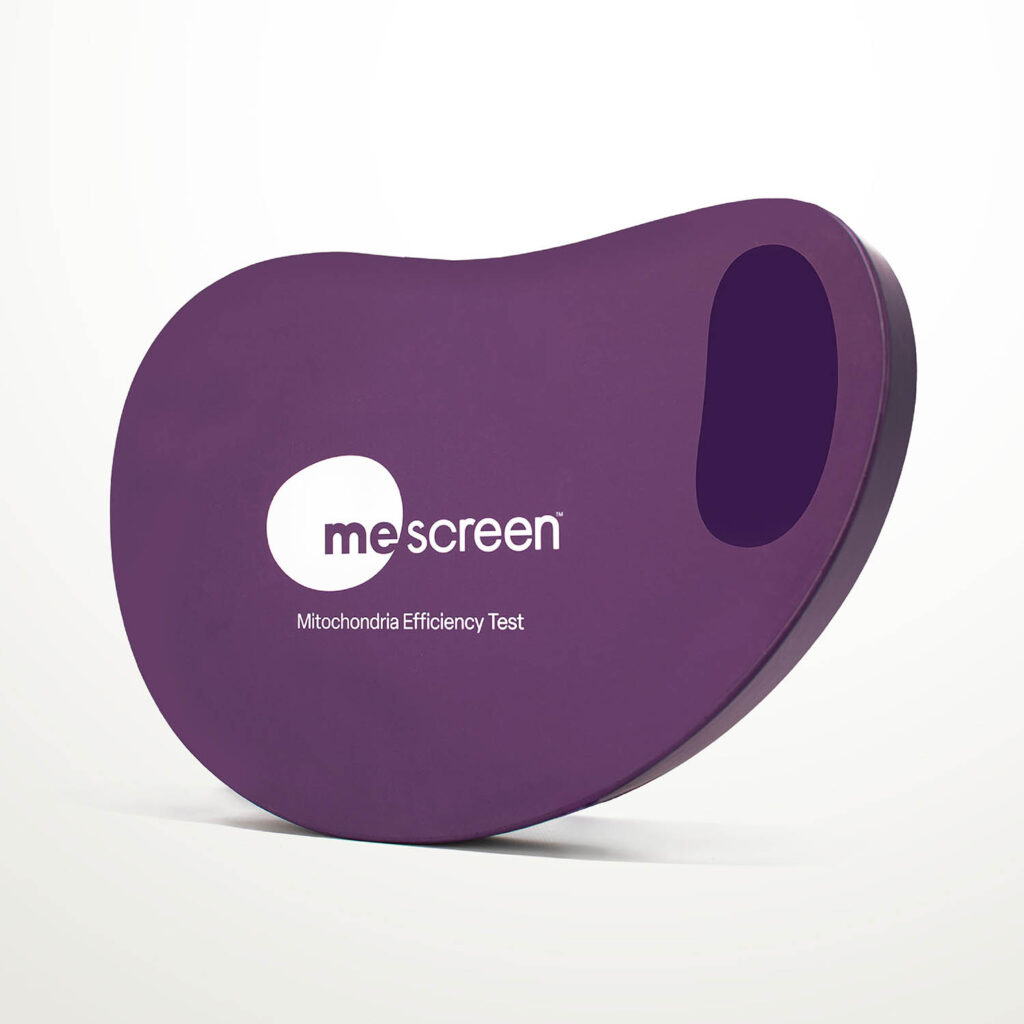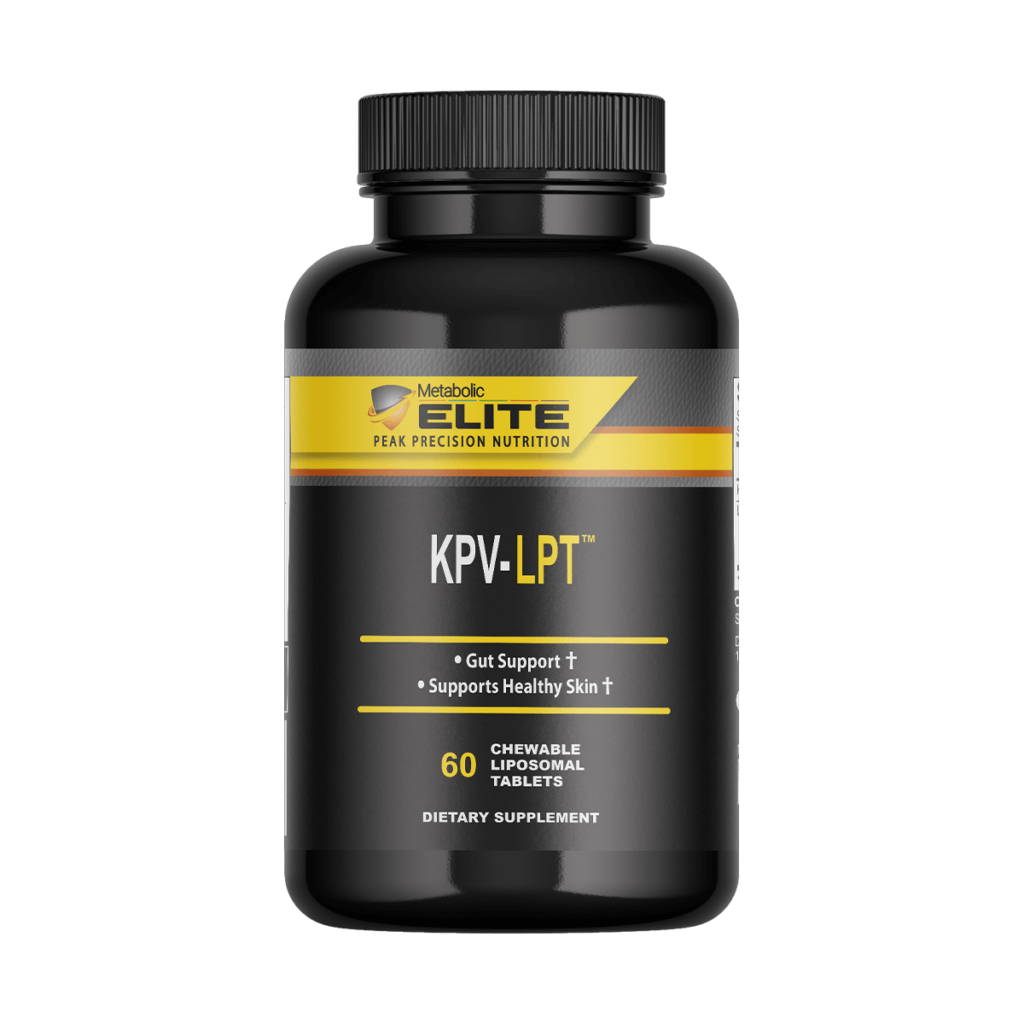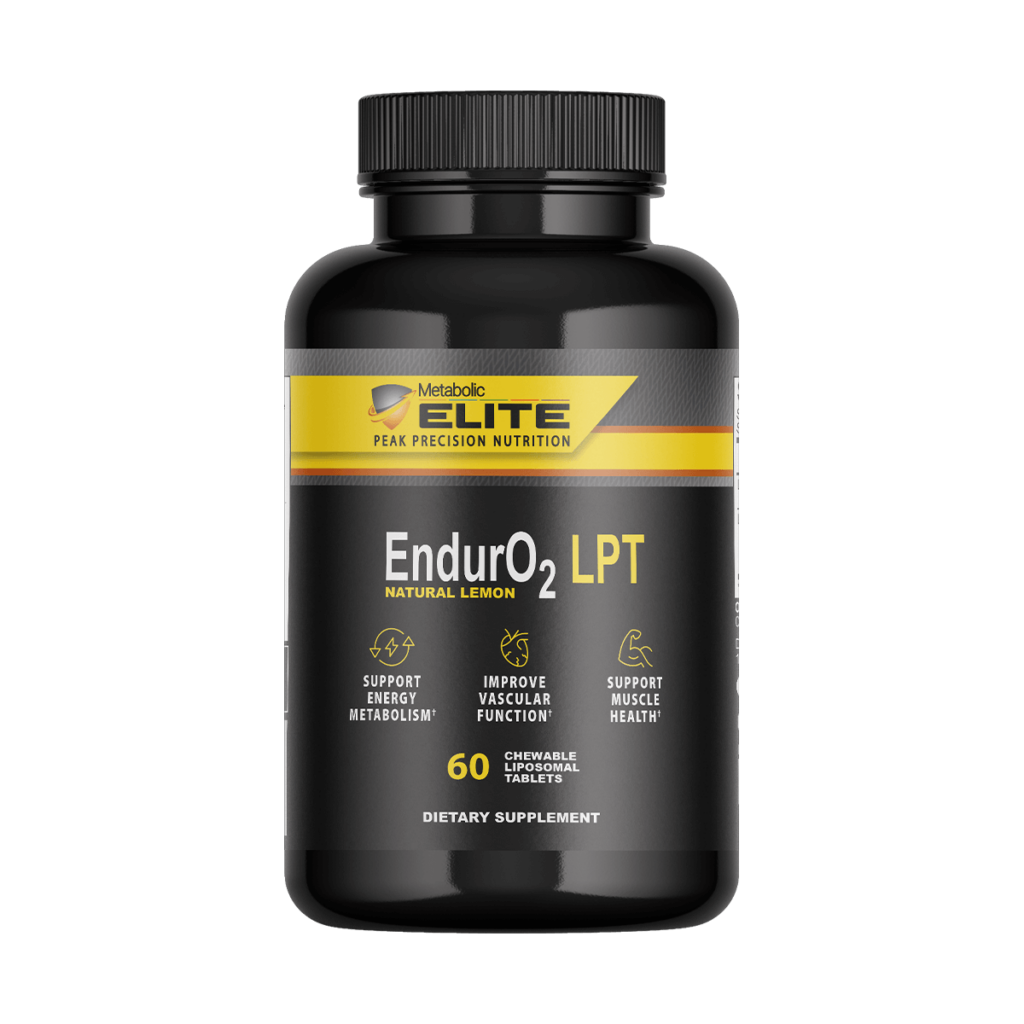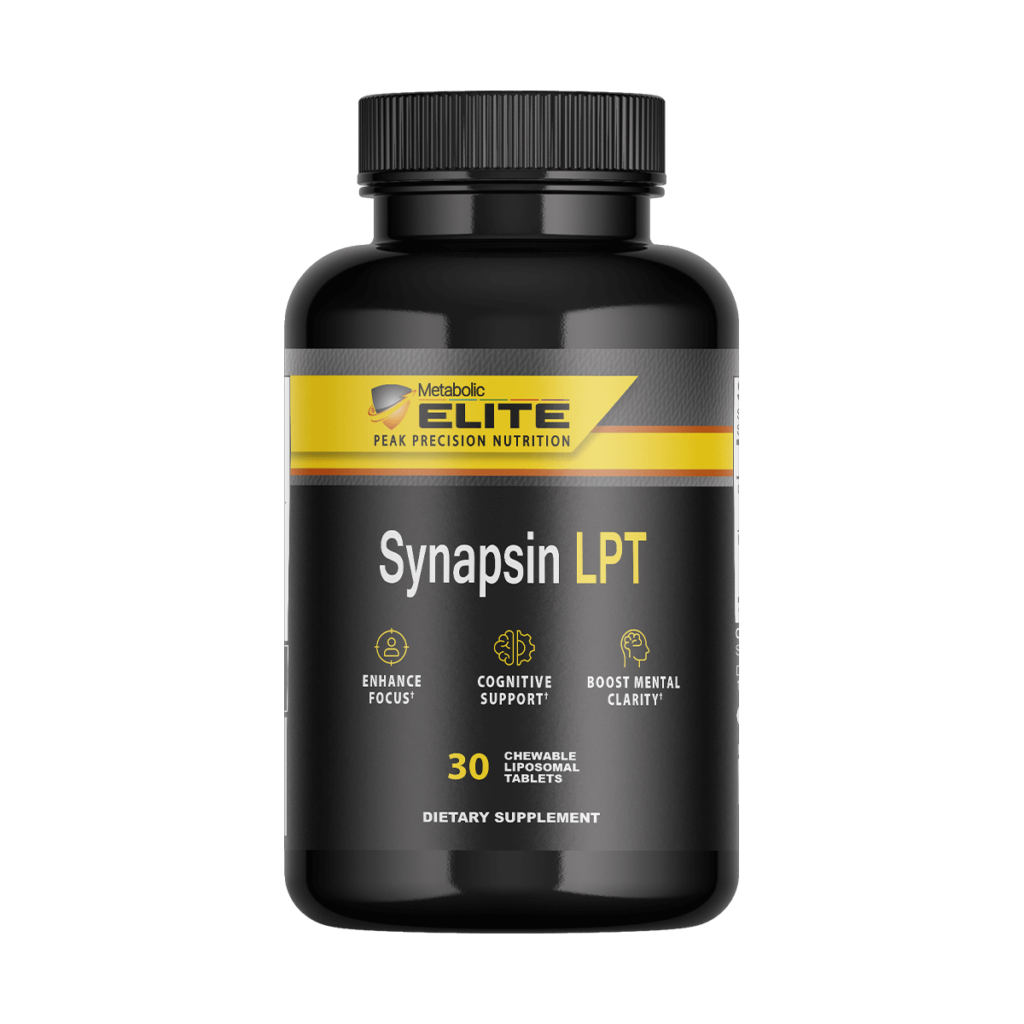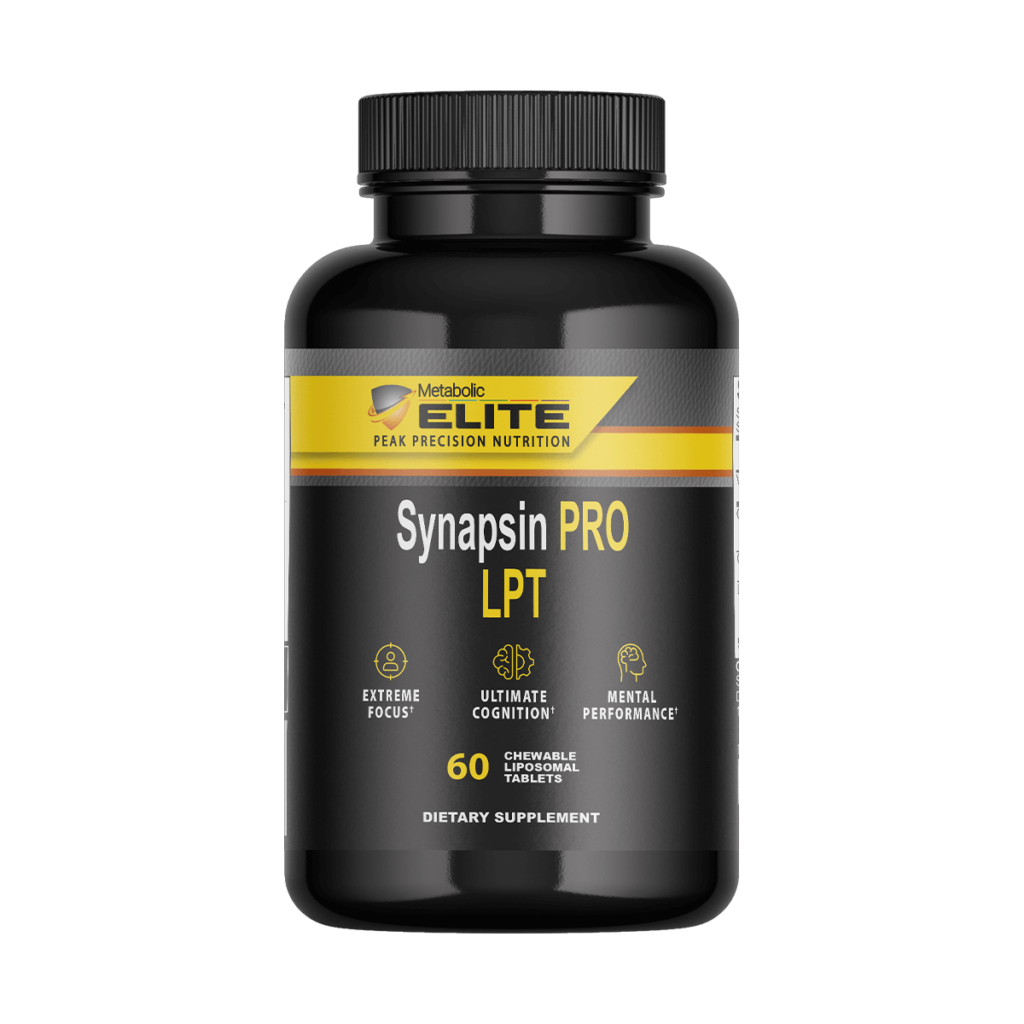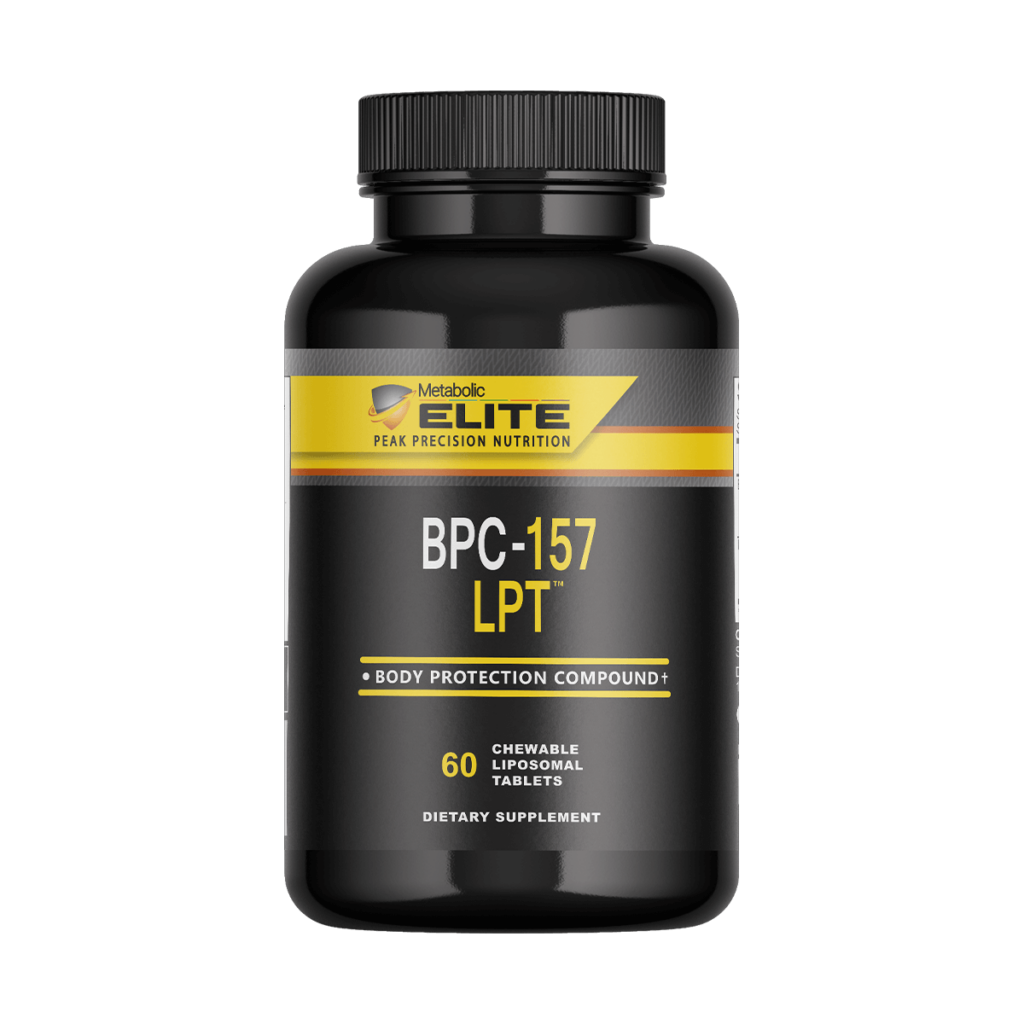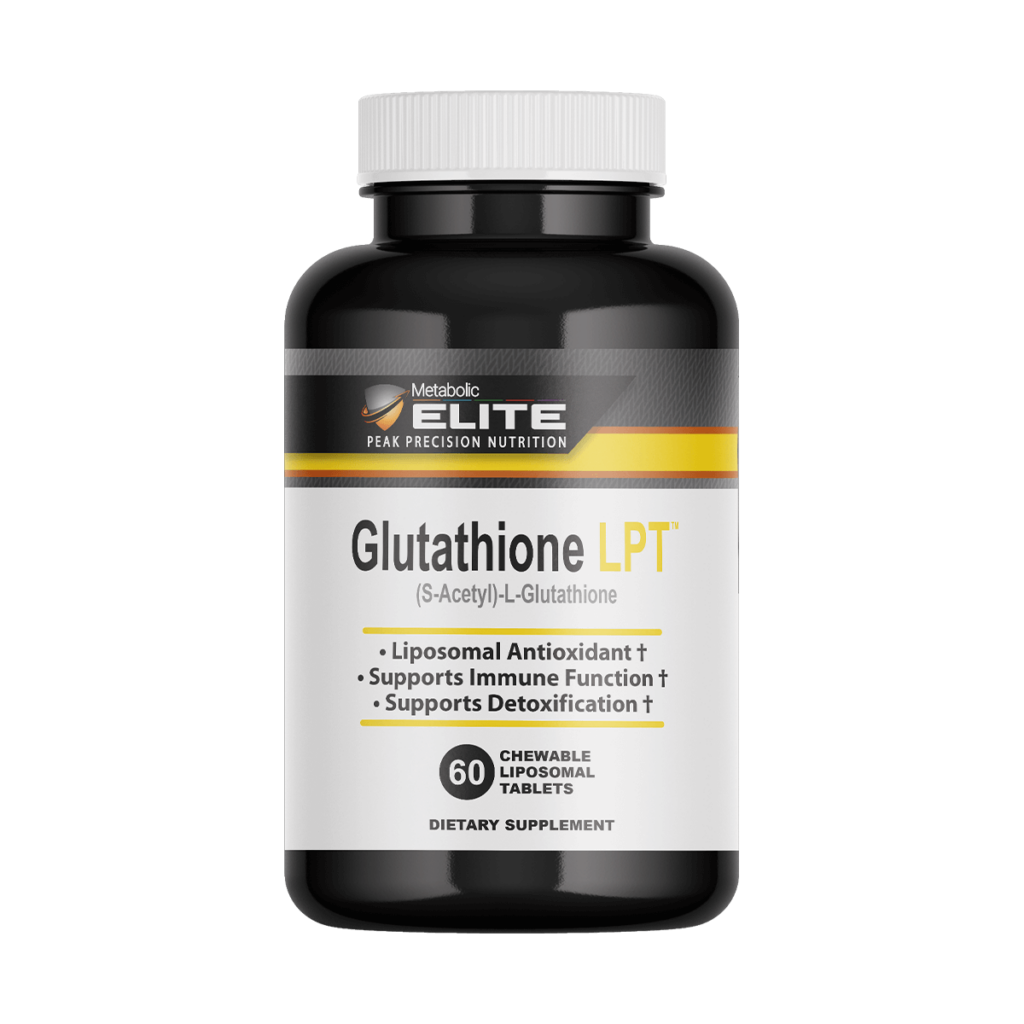mescreen™ Mitochondria Efficiency Test
Unlock your cellular potential with mescreen™, the most advanced at-home mitochondrial efficiency test. Track your energy profile and gain actionable insights to optimize your vitality, helping you improve over time with data-driven results tailored to your health journey.
$499.00

Mitochondria efficiency scores being measured and provided:
The Energy Profile evaluates the core functions of your mitochondria, the powerhouse of the cell, providing a baseline of your mitochondrial health and oxygen consumption for tracking over time. This assessment is pivotal for understanding your energy production and resilience against stress and disease, reflecting the efficiency of your mitochondria in sustaining your overall vitality.
The Mito ROS scores offer a refined insight into your mitochondria’s capacity to manage and generate Reactive Oxygen Species (ROS), free radicals, under stress. Elevated ROS production can lead to oxidative damage, contributing to aging and various health conditions such as neurodegenerative diseases, cardiovascular issues, and diabetes.
The Mito Network scores give a more detailed picture of your mitochondria’s ability to create and handle cellular stress, especially in terms of mitochondrial network function.
The Energy Balance scores assess four key aspects of mitochondrial
health—Glycolytic, Aerobic, Q-Score, and Energetic Scores—revealing your response to stress, energy equilibrium, and cellular recovery efficiency.
Frequently Asked Questions
What are mitochondria and why are they important?
Mitochondria are often called the “powerhouses” of the cell, playing a crucial role in producing the energy your body needs to function. However, they do much more than just power your cells. Mitochondria are also responsible for:
- Managing cellular processes like metabolism
- Signaling cell death to remove damaged or unnecessary cells
- Maintaining optimal calcium levels
- Heat production (thermogenesis especially in brown adipose tissue)
- Reactive oxygen species generation and detoxification (ROS can also be signaling molecules)
- Synthesis of key biological molecules (i.e., steroids, heme, iron-sulfur clusters, ketone bodies, amino acid precursors, phospholipids)
What is the connection between mitochondrial dysfunction and poor health?
Many non-communicable diseases are linked to mitochondrial dysfunction, including:
- Cardiovascular Diseases (CVDs) | Examples: Hypertension, heart attacks, strokes, heart failure.
- Cancers | Examples: Lung cancer, breast cancer, colorectal cancer.
- Chronic Respiratory Diseases | Examples: Chronic obstructive pulmonary disease (COPD), asthma.
- Diabetes | Types: Type 1 diabetes, Type 2 diabetes, gestational diabetes.
- Neurological Disorders | Examples: Alzheimer’s disease, Parkinson’s disease.
- Mental Health Disorders | Examples: Depression, anxiety, bipolar disorder.
Kidney Diseases | Examples: Chronic kidney disease (CKD).
These conditions are major causes of death in the U.S., and research shows that healthy mitochondria are critical to preventing and managing these conditions.
Why should we care about mitochondrial health?
Mitochondrial health is essential because:
- Mitochondria ensure your body functions properly by regulating vital processes.
- If your mitochondria are suboptimal, your body can’t perform at its best, leading to fatigue, health issues, and even chronic disease.
- Keeping your mitochondria healthy is key to staying energized and feeling great.
- Mitochondrial health is closely linked to aging. As we age, mitochondria can become less efficient and more prone to dysfunction.
- The brain is an energy-demanding organ that relies heavily on efficient mitochondrial function. Impaired mitochondrial activity is associated with cognitive decline, brain fog, anxiety, depression, and neurodegeneration. Supporting mitochondrial health improves mental clarity, mood, and cognitive resilience.
- During exercise, mitochondria supply ATP to muscles to fuel activity. Improved mitochondrial function can enhance endurance, strength, and recovery time. Mitochondrial dysfunction contributes to exercise intolerance and slower muscle repair.
- Mitochondria are a primary source of reactive oxygen species (ROS) during ATP production. When mitochondria are dysfunctional, they produce excessive ROS, which damages cells, DNA, and tissues. Reducing mitochondrial oxidative stress lowers the risk of inflammation, tissue damage, and related diseases.
Why is it important to take control of our mitochondrial health?
Taking charge of your mitochondrial health is crucial because:
- Mitochondria are vital for overall health and wellness.
- By maintaining mitochondrial health, you can optimize your energy levels and well-being.
- With tools like mescreen™, you can track your progress and work with healthcare providers to improve your health at the cellular level
How can we measure mitochondrial health?
Do I need a prescription from a doctor to get a mescreen™ test?
You do not need a prescription to get a mescreen™ test.
Is mescreen™ covered by insurance?
Is mescreen™ approved by the FDA?
How can we improve mitochondrial health?
There are several ways to boost your mitochondrial health. Your personalized mescreen™ results will give you actionable insights and recommendations. As always, consult your physician before making any significant changes. Some common recommendations are:
- Eat mitochondria-friendly foods:
- Polyphenol-rich foods (blueberries, red and purple fruits, leafy greens)
- Healthy fats (coconut oil, avocados, extra virgin olive oil)
- Omega-3 fatty acids (wild-caught salmon, sardines)
- Antioxidants (dark chocolate, foods high in resveratrol)
- Stay active:
- Regular exercise (walking, high-intensity interval training, Pilates)
- Cold exposure (cold showers, ice baths)
- Resistance training at least 3 times a week
- Make lifestyle changes:
- Practice intermittent fasting
- Manage stress through meditation, yoga, or spending time in nature
- Regular exercise
Get quality sleep (7-9 hours per night) - Avoid environmental toxins ((e.g., pesticides, pollutants, alcohol, smoking)
- Consider supplements:
- CoQ10
- Carnitine
- NAD+ precursors
- Resveratrol
Is the mescreen™ test privacy protected?
Individual mescreen™ results and data provided are protected and not shared. mescreen data is stored on a HIPAA compliant server.
Who should use mescreen™?
How long does it take to complete a mescreen™ test?
How is mescreen™ different from other health tests like DNA or microbiome testing?
How do I collect my sample at home?
How often should I perform the mescreen™ test?
Can mescreen™ help with fatigue or low energy?
Who are the scientific advisors behind mescreen™, and how does their expertise ensure the quality of this product?
What do I do after I receive my results?
What can I learn from the mescreen™ test results?
Is there a need for more research on basal respiration?
How can you improve basal respiration?
Several strategies can potentially enhance basal respiration and overall mitochondrial health:
Regular exercise, especially activities that improve cardiorespiratory fitness.
- Consuming a balanced diet rich in antioxidants and mitochondrial-supporting nutrients.
- Enhancing vagus nerve function
- Managing stress through various techniques.
- Ensuring adequate, quality sleep.
- Considering mitochondrial-targeted supplements, such as Coenzyme Q10 or NAD+ precursors, under medical supervision.
What is basal respiration?
Why is basal respiration important for cellular health?
Basal respiration is crucial for cellular health for several reasons:
- It reflects the cell’s ability to generate ATP, the primary energy currency of cells.
- A healthy basal respiration rate indicates efficient energy production with minimal waste.
- It helps determine the cell’s spare respiratory capacity, which indicates how well cells can respond to increased energy demands or stress.
- Alterations in basal respiration can be an early sign of mitochondrial dysfunction, which is associated with various diseases
How does basal respiration impact overall health?
Basal respiration, as an indicator of mitochondrial function, affects overall health in several ways:
- It contributes to better energy production and reduced fatigue.
- Higher mitochondrial function in immune cells is associated with better immune responses.
- Mitochondrial dysfunction and decreased basal respiration are linked to accelerated aging.
- Optimal mitochondrial function may help prevent or mitigate various chronic diseases.
How is basal respiration measured?
Basal respiration is one of the key metrics measured in the mescreen™ test and assesses oxygen consumption rates (OCR) in living cells. This measurement provides insights into ATP production, proton leak, and mitochondrial efficiency


